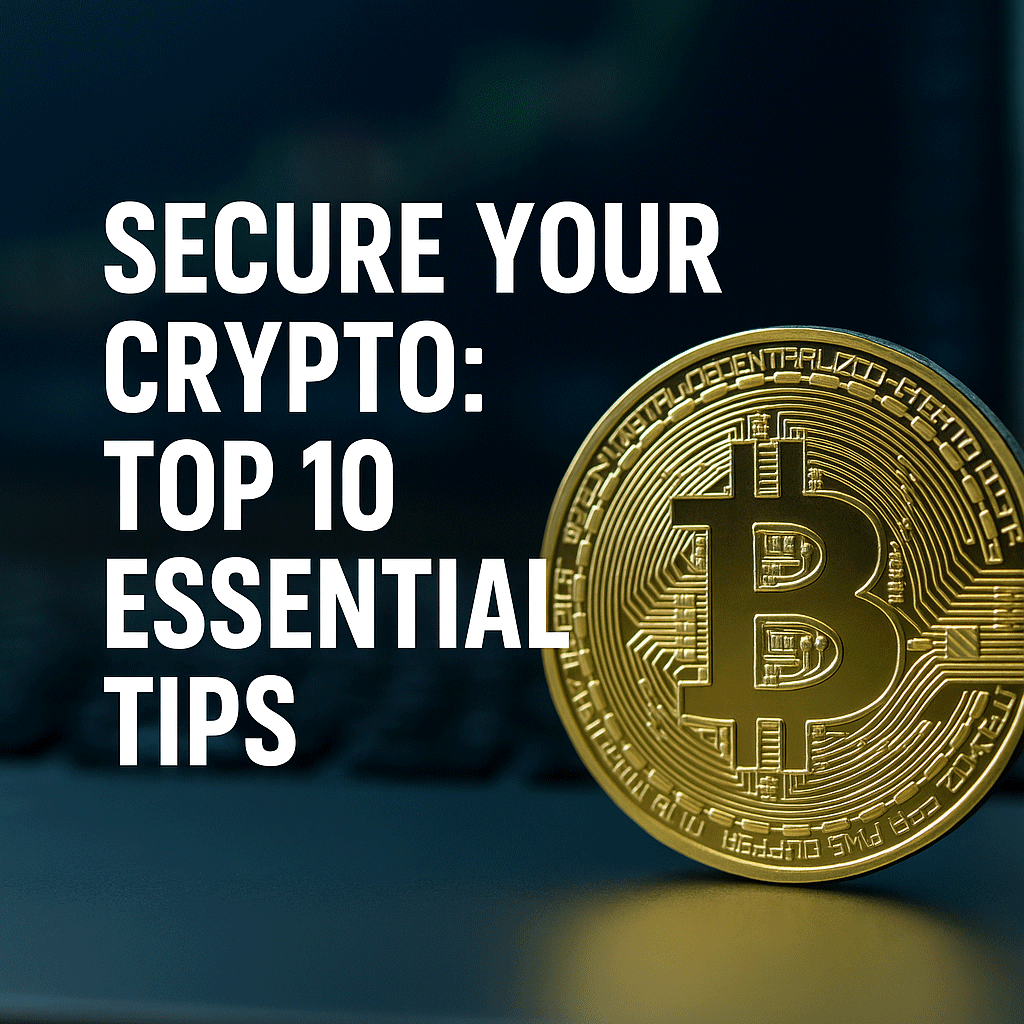1. Use Strong and Unique Passwords
Employ complex passwords that combine uppercase and lowercase letters, numbers, and special characters. Avoid reusing passwords across different platforms. Utilize a reputable password manager to store and manage your credentials securely.
2. Enable Two-Factor Authentication (2FA)
Implement 2FA on all your cryptocurrency accounts. App-based authenticators like Google Authenticator or Authy are preferred over SMS-based methods, which are more susceptible to SIM-swapping attacks.
3. Secure Your Seed Phrase
Your seed phrase is the master key to your wallet. Store it offline in a secure location, such as a safe or a safety deposit box. Avoid digital storage methods like cloud services or taking screenshots.
4. Utilize Hardware Wallets
Hardware wallets store your private keys offline, providing an added layer of security against online threats. Devices like Ledger and Trezor are popular choices among crypto investors.
5. Beware of Phishing Attacks
Avoid unsolicited emails, messages, or websites that mimic legitimate platforms. Always verify URLs and avoid clicking on suspicious links. Ensure you’re accessing official websites when entering sensitive information.
6. Keep Software Updated
You should regularly update your wallet software, antivirus programs, and operating systems. Updates often include patches for security vulnerabilities that attackers could exploit.
7. Avoid Public Wi-Fi for Transactions
Public Wi-Fi networks can be insecure. Avoid conducting cryptocurrency transactions over public Wi-Fi. Use a trusted Virtual Private Network (VPN) to encrypt your connection if necessary.
8. Verify Transaction Details
Double-check recipient addresses and transaction amounts before confirming any transfer. A slight mistake can lead to irreversible loss of funds.
9. Use Reputable Exchanges
Choose cryptocurrency exchanges with strong security measures, such as cold storage of funds, insurance policies, and regular security audits. Research and read reviews before entrusting your assets to an exchange.
10. Educate Yourself Continuously
Stay informed about the latest security threats and best practices in the cryptocurrency space by joining reputable forums, following trusted news sources, and considering taking courses.
FAQs
Q1: What is the safest way to store cryptocurrencies?
A hardware wallet is considered one of the safest methods, as it keeps your private keys offline and away from potential online threats.
Q2: How can I recognize a phishing attempt?
Phishing attempts often come in the form of unsolicited messages or emails that urge immediate action. They may contain links to fake websites resembling legitimate platforms. Always verify the sender’s information and avoid clicking on suspicious links.
Q3: Why is it important to update my wallet software?
Updates often include security patches that fix vulnerabilities. Running outdated software can expose you to known exploits.
Q4: Is it safe to store my seed phrase digitally?
Storing your seed phrase digitally, especially on cloud services or connected devices, increases the risk of unauthorized access. It’s recommended that it be stored offline in a secure location.

 Bitcoin
Bitcoin  Ethereum
Ethereum  Tether
Tether  XRP
XRP  USDC
USDC  Solana
Solana  TRON
TRON  Lido Staked Ether
Lido Staked Ether  Figure Heloc
Figure Heloc